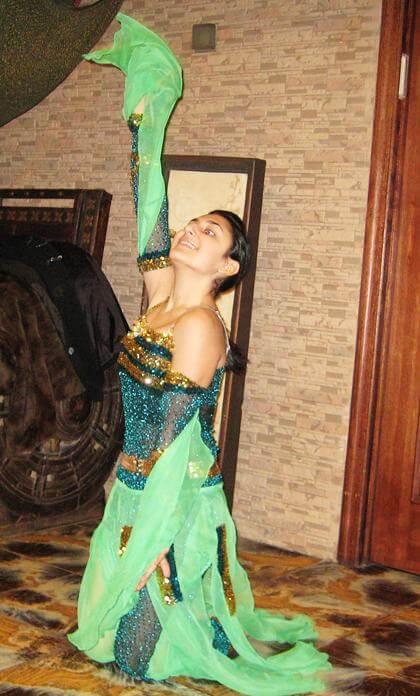By Anna Gustafson
In the basement of King David’s Restaurant in Forest Hills, a group of about 30 people, mostly women, ate course after course of Bukharian Jewish food — heaping plates of rice and lamb last week. They spoke of food, of politics, of war, of family. As the hours went by and stomachs grew full, those who attended the luncheon said barriers were broken and a dialogue opened.
“We wanted to connect with the Bukharians because they’re our neighbors,” Forest Hills resident Candice Koerner said of the luncheon sponsored by the United Jewish Appeal Federation of New York.
The UJA hosted the afternoon event, entitled “One Thousand Hearts, One Voice,” in an attempt to foster more communication and understanding between Bukharian Jews and non−Bukharian Forest Hills Jewish residents. The luncheon was preceded by a trip to the Bukharian Jewish Museum in Elmhurst.
Tensions have surfaced between the two groups in recent years, predominantly because some Forest Hills residents said they were once resentful that many Bukharians, who number about 40,000 in the Forest Hills and Rego Park area, would tear down smaller Forest Hills homes and build mansions with little outside greenery.
In response to many complaints about overdevelopment in the Cord Meyer area of Forest Hills, the Department of City Planning proposed a rezoning plan that would limit a house’s height and mandate that homes have yards.
“At first, people felt the Bukharians didn’t care about the houses,” said Koerner, chairwoman of the Interboro Women’s Philanthropy of UJA. “But they wanted to build them like that because their priority was to gather a large group of family and friends. Now we understand why their buildings are built the way they are.”
Svetlana Levitin, who helps many Bukharian families settle in Queens in her role as president of World of Women Immigrants, praised the UJA for hosting the luncheon, saying Bukharians have gotten a bad reputation for being isolationists when they are just figuring out how to assimilate into the city while still holding on to their old traditions.
“We have so many things to share, and we would like to work together with the UJA,” said Levitin, originally from Russia.
Bukharian Jews primarily come from Central Asia, and following the breakup of the former Soviet Union, found themselves confronting economic decline and civil unrest. According to the UJA, many of the world’s 250,000 Bukharian Jews left Central Asia for places like Israel and the United States, with some 40,000 now living in Forest Hills and Rego Park.
Forest Hills resident Nina Normatova fled Tajikistan with her family in 1992 following the outbreak of a civil war in her country.
“We took just two suitcase and ran away,” Normatova said. “Here we face our problems with language and with what people think about our houses, but that is nothing compared to what we once faced.”
Reach reporter Anna Gustafson by e−mail at agustafson@timesledger.com or by phone at 718−229−0300, Ext. 174.


































